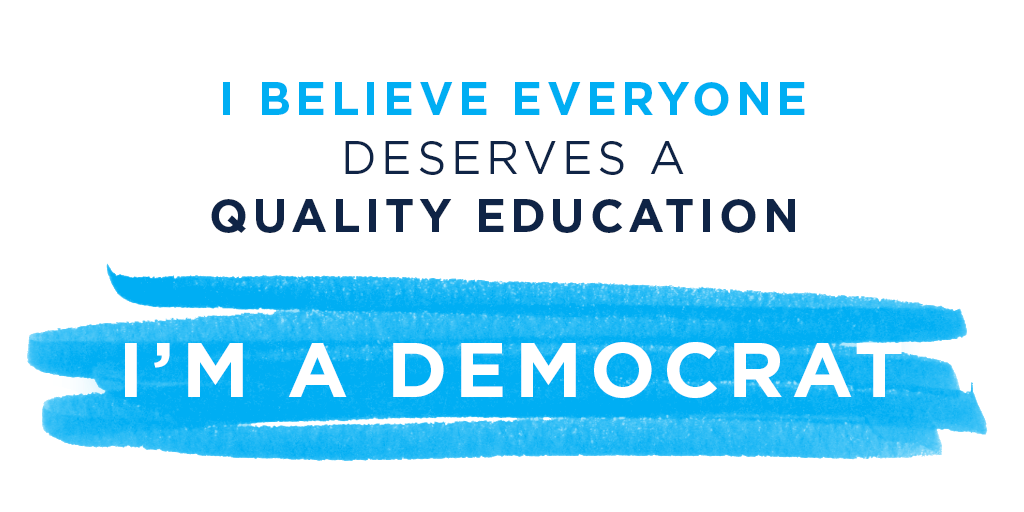In 1989 five young black men were wrongfully convicted of raping a woman jogging in New York City. Leading the charge against them was a real estate mogul whose divisive rhetoric can be found in his presidential campaign today.
Yusef Salaam was 15 years old when Donald Trump demanded his execution for a crime he did not commit.
Nearly three decades before the rambunctious billionaire began his run for president – before he called for a ban on Muslims entering the United States, for the expulsion of all undocumented migrants, before he branded Mexicans as “rapists” and was accused of mocking the disabled – Trump called for the reinstatement of the death penalty in New York following a horrific rape case in which five teenagers were wrongly convicted.
The miscarriage of justice is widely remembered as a definitive moment in New York’s fractured race relations. But Trump’s intervention – he signed full-page newspaper advertisements implicitly calling for the boys to die – has been gradually overlooked as the businessman’s chances of winning the Republican nomination have rapidly increased. Now those involved in the case of the so-called Central Park Five and its aftermath say Trump’s rhetoric served as an unlikely precursor to a unique brand of divisive populism that has powered his rise to political prominence in 2016.
Donald Trump and the Central Park Five: the racially charged rise of a demagogue
In 1989 five young black men were wrongfully convicted of raping a woman jogging in New York City. Leading the charge against them was a real estate mogul whose divisive rhetoric can be found in his presidential campaign today usef Salaam was 15 years old when Donald Trump demanded his execution for a crime he did not commit.

